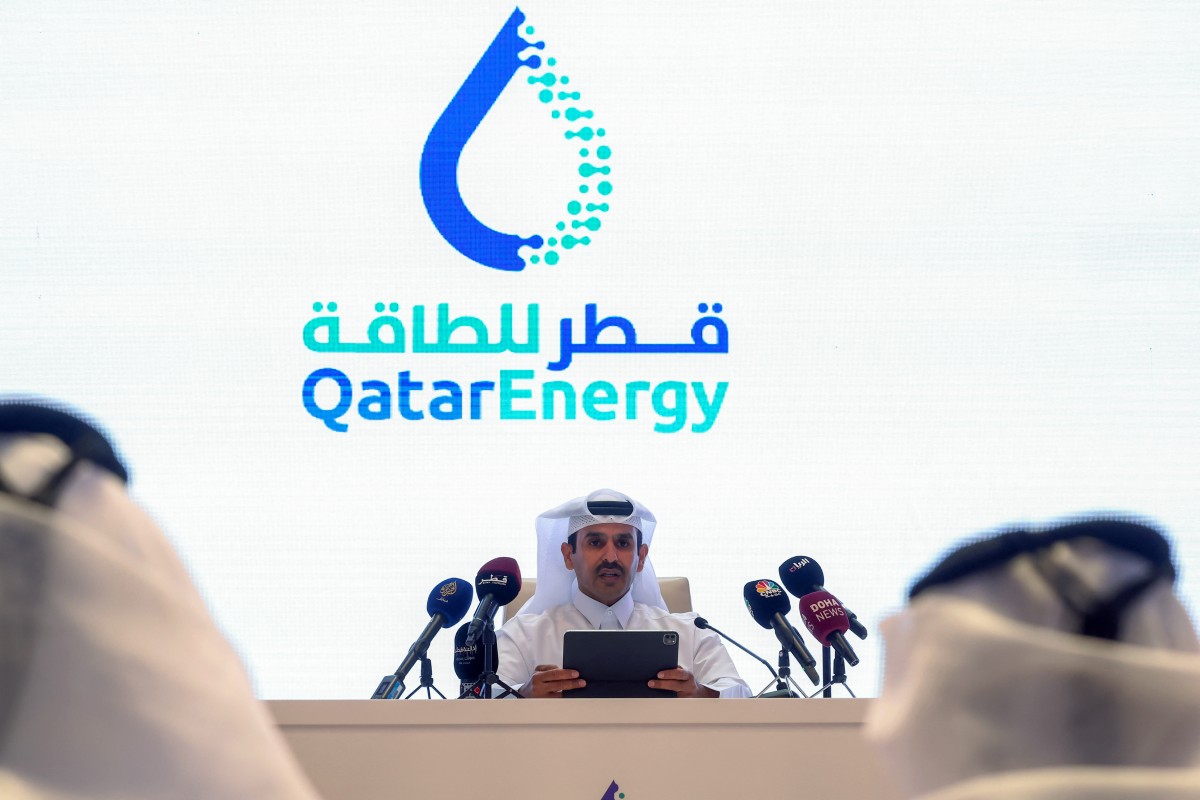Doha, Qatar — A large new solar plant planned in Qatar will double the Gulf emirate’s previously projected renewable energy capacity by 2030, Qatari Energy Minister Saad al-Kaabi announced on Sunday.
The photovoltaic farm, which will be built in the Dukhan area some 80 kilometers (50 miles) west of the capital Doha, will increase the gas-rich state’s solar production capacity to four gigawatts by the end of the decade, Kaabi said.
The plant “that will be established in Dukhan area will produce 2,000 megawatts, which is twice more than the capacity of Qatar’s production of solar energy of the current projects,” the minister, who is also chief executive of state-owned QatarEnergy, said.
In October 2022, Qatar inaugurated its first large-scale solar farm at al-Kharsaah, west of Doha. The emirate announced in August of the same year another solar project with two plants at Ras Laffan in the north.
Through the combined projects, including at Dukhan, Qatar would achieve “4,000 megawatts of clean energy by 2030”, Kaabi said.
This will “constitute 30 percent of the total production of energy of the state of Qatar” with a yearly reduction of “4.7 million tonnes of CO2 emissions,” he added.
Kaabi said the existing projects should produce 1.7 gigawatts of energy “in first quarter of next year, or early next year”.
The energy minister also announced plans to more than double Qatar’s urea production making the country the largest producer of the fertilizer in the world by the end of the decade.
He said Qatar would “maximise the production of chemical fertilisers” through “a complex with global standards” which would “increase our production capacity from 6 million tonnes annually to more than 12.4 million tonnes annually”.
Qatar is one of the world’s top liquefied natural gas producers alongside the United States, Australia and Russia. Natural gas is a major ingredient in urea manufacturing.
In February, Qatar announced plans to expand its output from its North Field project, saying it will boost capacity to 142 million tonnes per year before 2030.
Over the past year, Qatar has inked a series of long-term LNG deals with France’s Total, Britain’s Shell, India’s Petronet, China’s Sinopec and Italy’s Eni among others.








